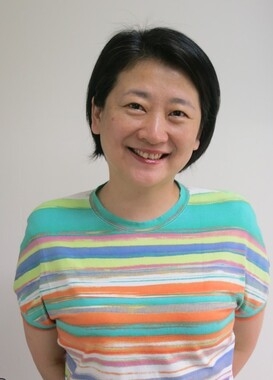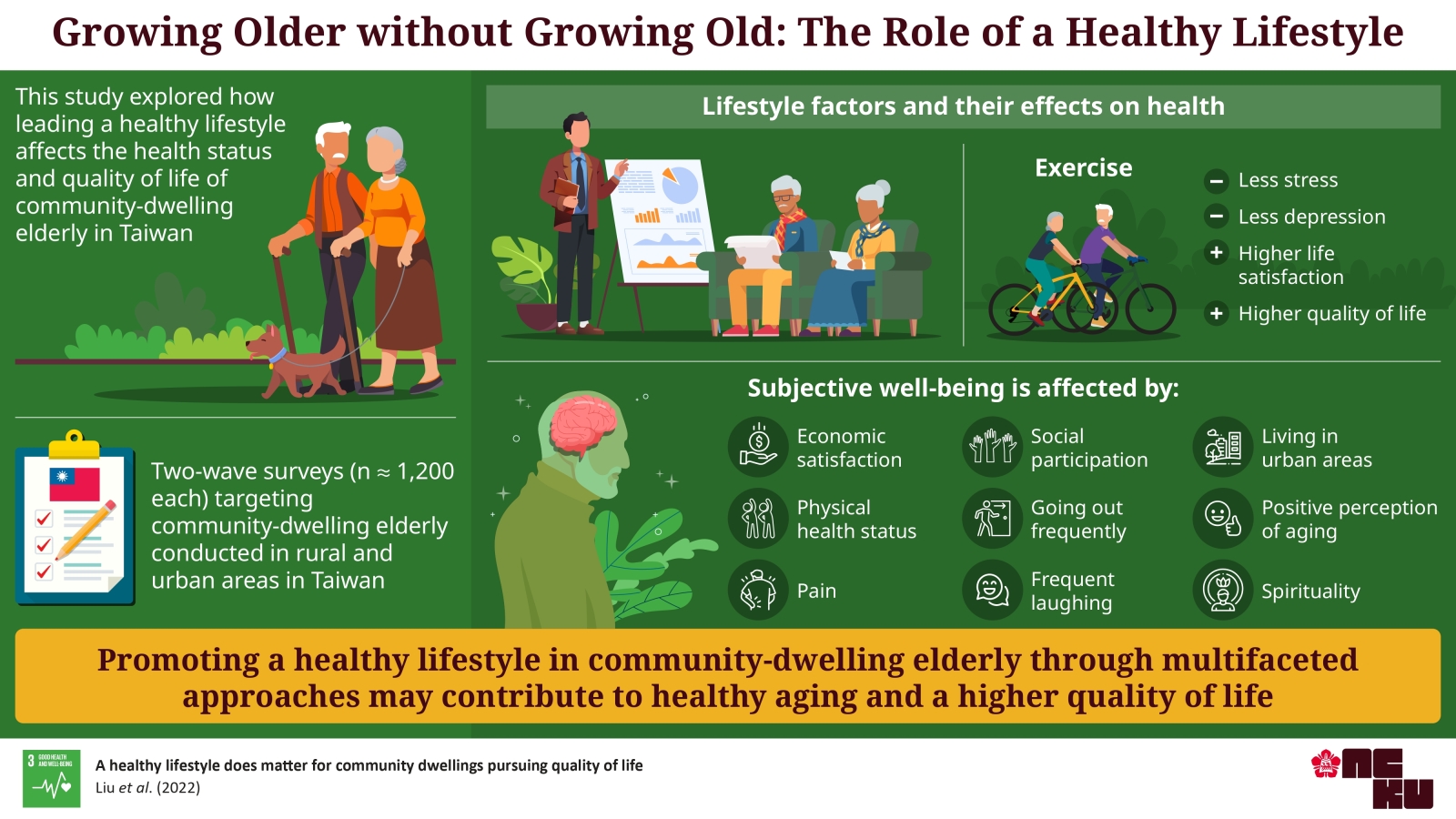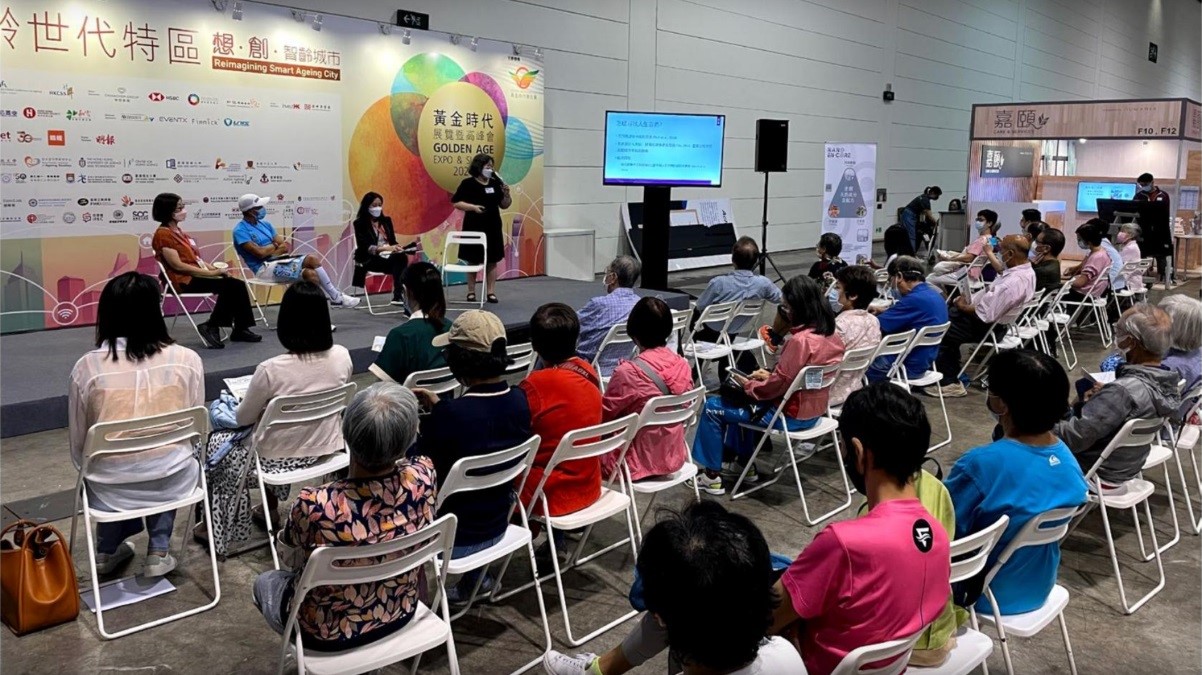


Enhancing the Quality of Life for an Aging Population
Researchers report how a healthy lifestyle driven by active physical, mental, and social elements can improve the lives of the elderly
The WHO promotes the concept of ‘healthy aging’ which encourages the continuance of physical and social activities throughout one’s lifetime. An isolated and inactive lifestyle is known to be harmful for our physical as well as mental health. Researchers now show how an active lifestyle ensures a disease-free, long life for individuals—especially the elderly—in urban and rural community dwellings
According to the United Nations’ (UN) data on world population, the present population is aging at a faster rate compared to the past. As the number of seniors keeps growing each year, it is likely to impact the economic, social, and healthcare resources across the world, highlighting the changes we need to make in our systems to ensure a healthy and dignified life for the elderly. To assist healthy aging, a multi-dimensional approach is required. This approach must include the participation of individuals as well as the larger society and public policy. This approach needs to focus on two aspects—first, delaying aging and preventing chronic diseases by cultivating healthy habits during mid-life, and second, providing long-term care for the elderly.
This is where the National Cheng Kung University (NCKU), Taiwan, and Worldwide Universities Network’s Global Research Group SDGs in Asia comes in. Supported by NCKU, the Global Research Group aims to conduct research that will help achieve the UN SDGs—particularly SDG 3, 6, and 7—in Asia.
In 2020, they started a research project focused on SDG 3—good health and well-being. In this project—led by Professor Li-Fan Liu of NCKU and comprised of Prof. Su-I Hou of the University of Central Florida, Prof. Helene Hoi-Lam Fung from the Chinese University of Hong Kong, and Professors Li-Chung Lin and Shyhnan Liu of NCKU—a survey was carried out among individuals aged 50 years and above, living in two urban and rural dwellings each, in southern Taiwan.
|
Authors
Title of original paper
|
1 Prof. Li-Fan Liu, 2Prof. Su-I Hou, 3 Prof. Helene Hoi-Lam FUNG, 1 Prof. Li-Chung Lin, 1 Prof. Shyhnan Liu
Healthy Lifestyle Does Matter for Community-Dwelling Adults Pursuing Quality of Life
N/A |
|
DOI
Affiliations |
N/A
1 NCKU, Taiwan 2 University of Central Florida, 3 Chinese University of Hong Kong
|

Caption: Workshop for the middle aged and elderly people in Taiwan as a part of the ‘Healthy Lifestyle’ program for enhancing Quality of Life
Source: Project Report of the WUN Asia SDGs group
About Professor Li-Fan Liu
Li-Fan Liu works as a professor at the National Cheng Kung University (NCKU) in Taiwan. She has done her Ph.D. from Institute of Gerontology at King's College in the University of London. Her research interests are in areas like Long-term Care Policy and Management, Health and social welfare policy and Social gerontology. She is an active member of the UN’s SDGs related to ‘Good Health and wellbeing’ and ‘Peace, Justice and Strong Institutions’.